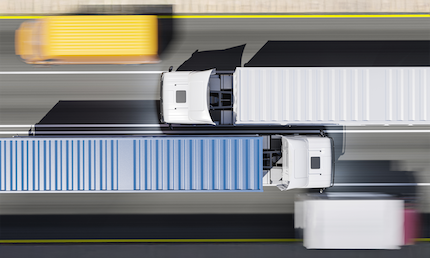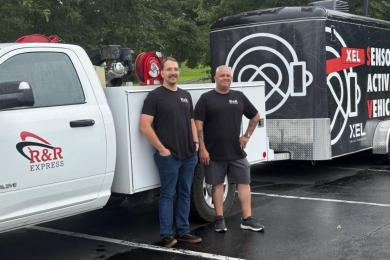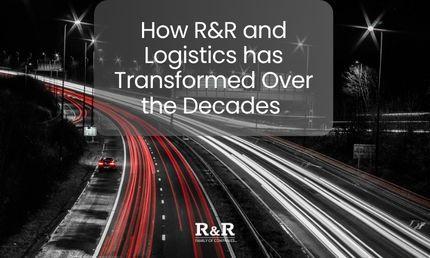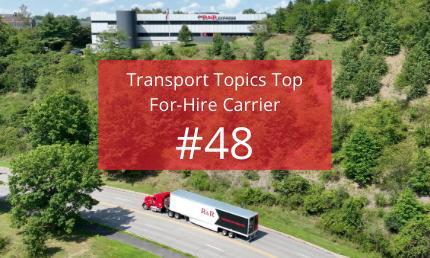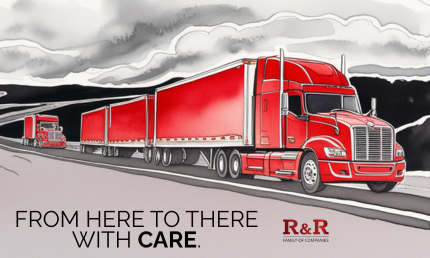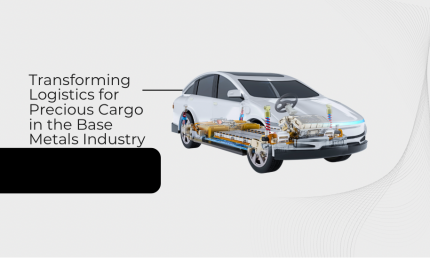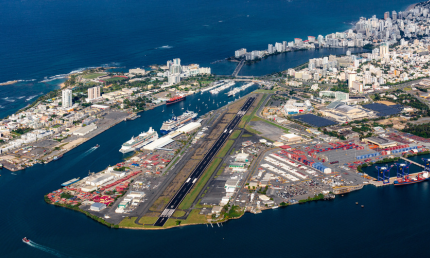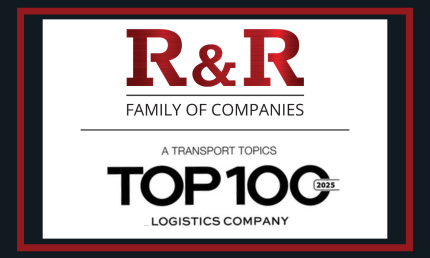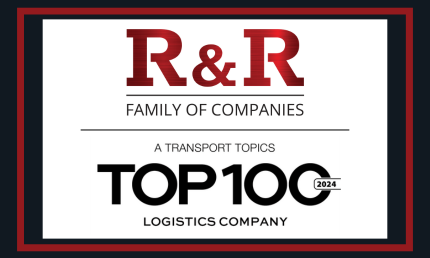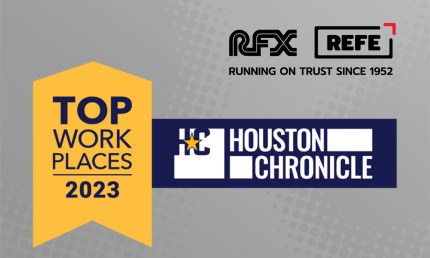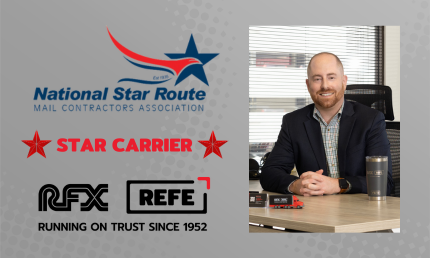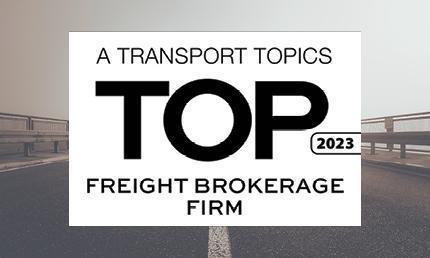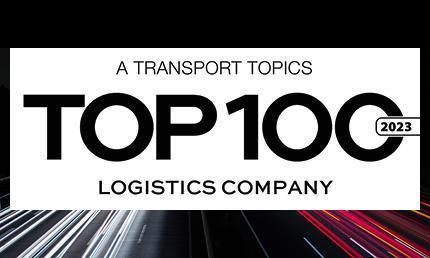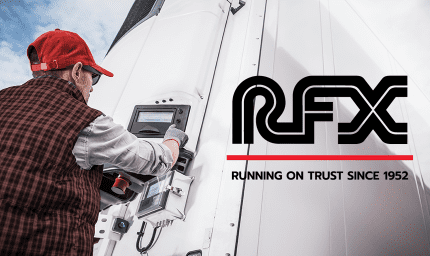- About R&R
- Shippers
- Solutions
- Carriers
- Work with Us

Using a combination of truck assets and contracted carriers, the R&R Family of Companies move hundreds of thousands of shipments per year. Our capabilities are enriched and supported by a proprietary suite of systems and technologies that provide centralized visibility and control of customer loads.
To request a quote, select a mode, industry, or solution to the right :
Let's get started with a quick application.
Visit our Document Center.
SHIPPING MODES:
INDUSTRIES WE SERVE:

For over 30 years, the R&R Family of Companies has been dedicated to being the best in class in the logistics industry and providing efficient and cost effective solutions that meet our customers’ transportation requirements. We are dedicated to delivering the necessary expertise to our customers by understanding their supply chain needs. We are committed to doing things right the first time, thereby increasing productivity and efficiency for our clients.
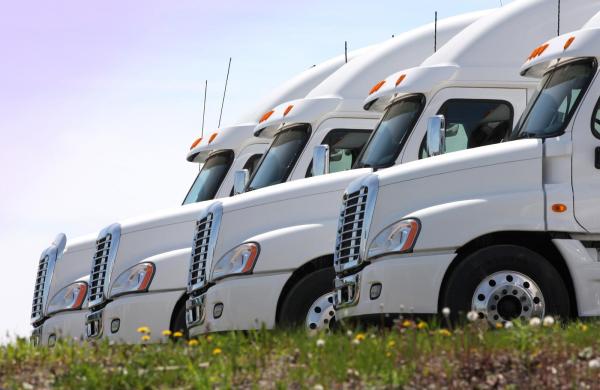
Behind the ironclad reliability of the R&R Family of Companies and our affiliates lies one of the industry’s largest network of quality carriers – tens of thousands of independent fleet owners, solo drivers and teams who prefer the advantages we offer.
We appreciate the fact that our employees recognize the effort we put forth each and every day to make the R&R Family of Companies a place where people enjoy coming to work. We work hard to maintain a commitment to our core values of honesty, integrity and teamwork. Explore career opportunities below!
How do you want to work with the R&R Family of Companies?- 800-223-8973
- CONTACT
- DOCUMENT CENTER
- ABOUT US
- SHIPPERS
- SOLUTIONS
- Expedited
- Freight Brokerage
- International / Cross-Border
- Managed Transportation
- Project Logistics
- Supply Chain Optimization
- CARRIERS
- WORK WITH US
- Company Drivers
- Owner/Operators
- Logistics Coordinators: Work with Us!
- Agents: Work with Us!
- Work With the R&R Family of Companies
- XEL FOUNDATION




